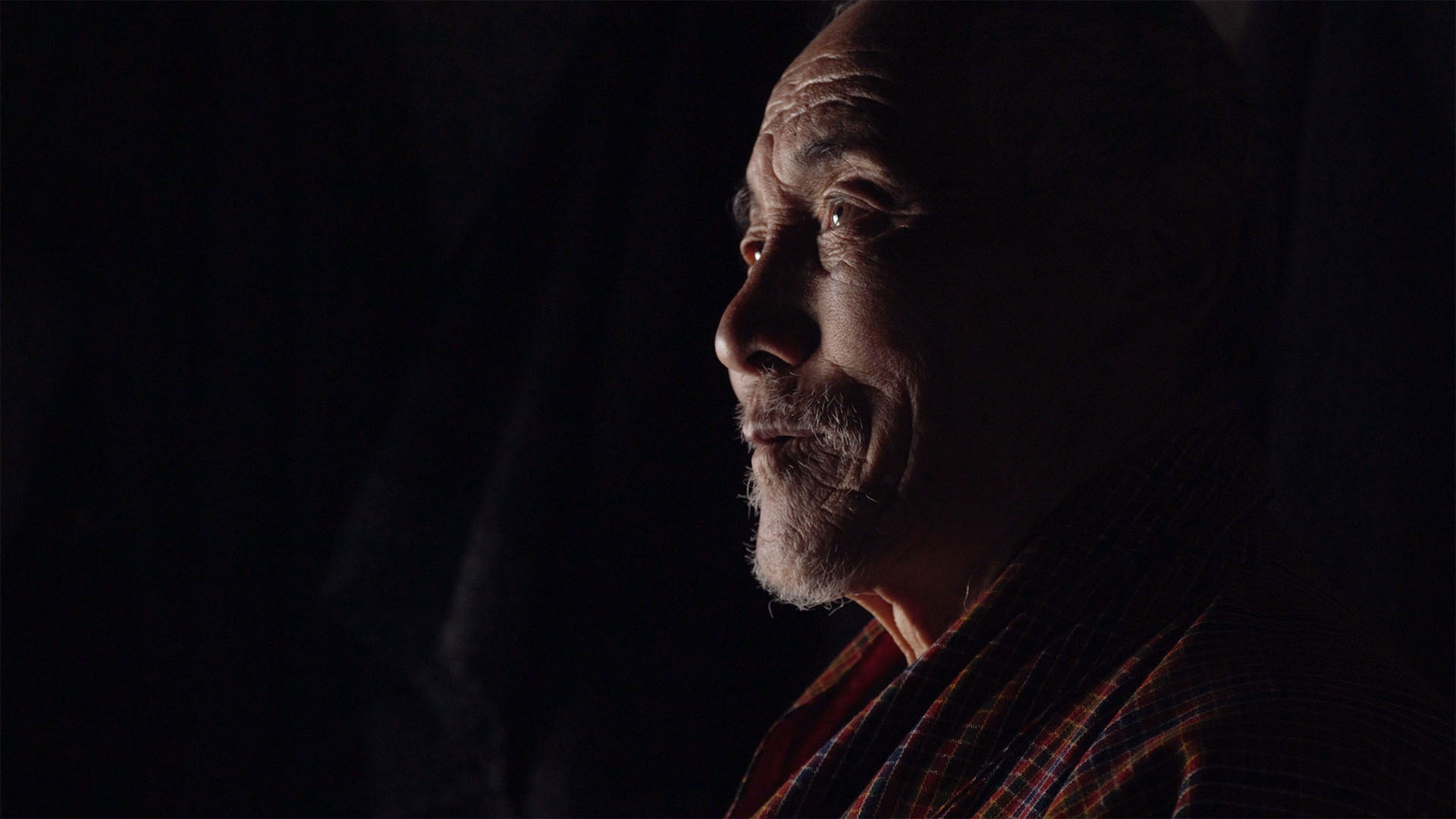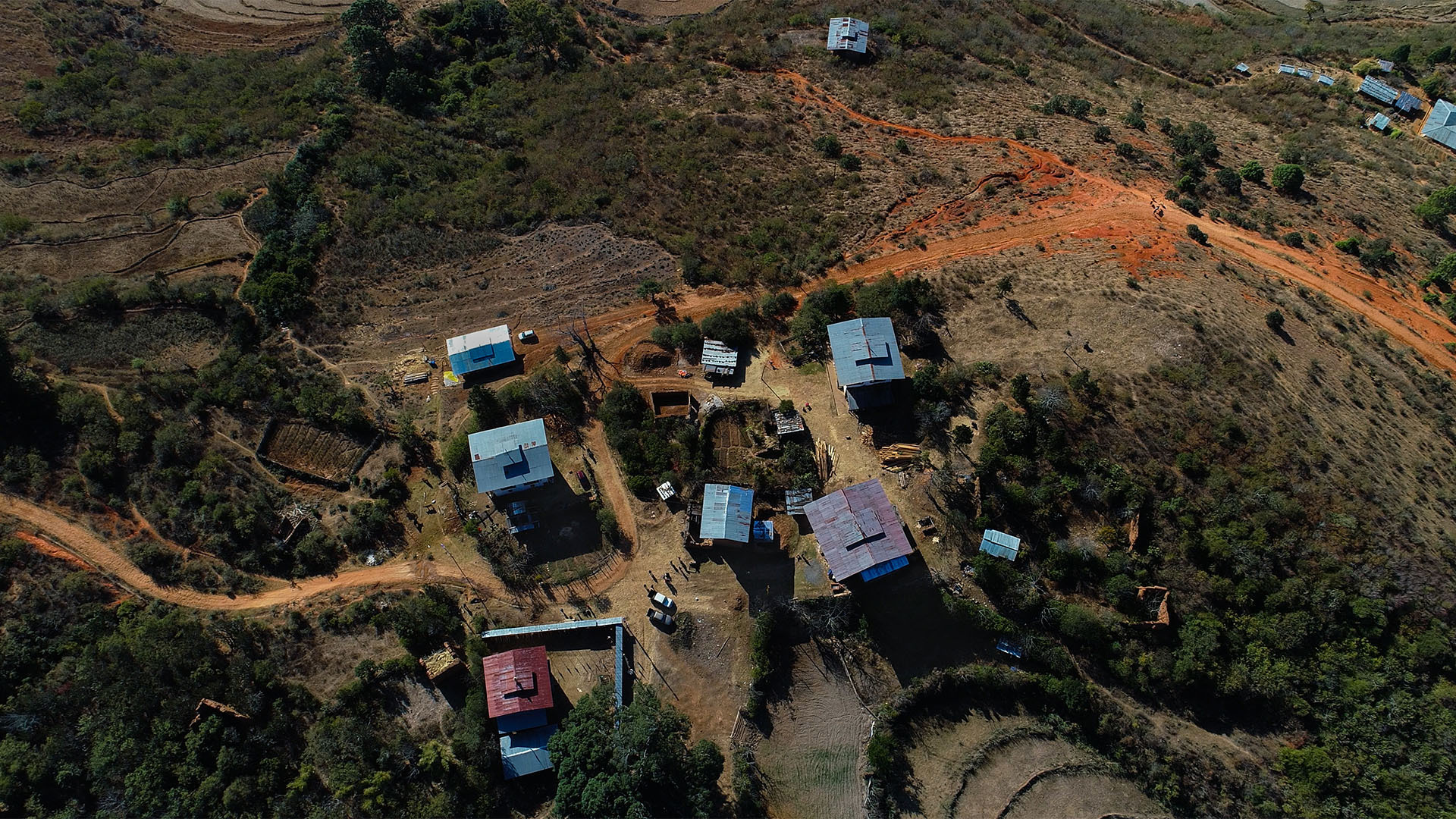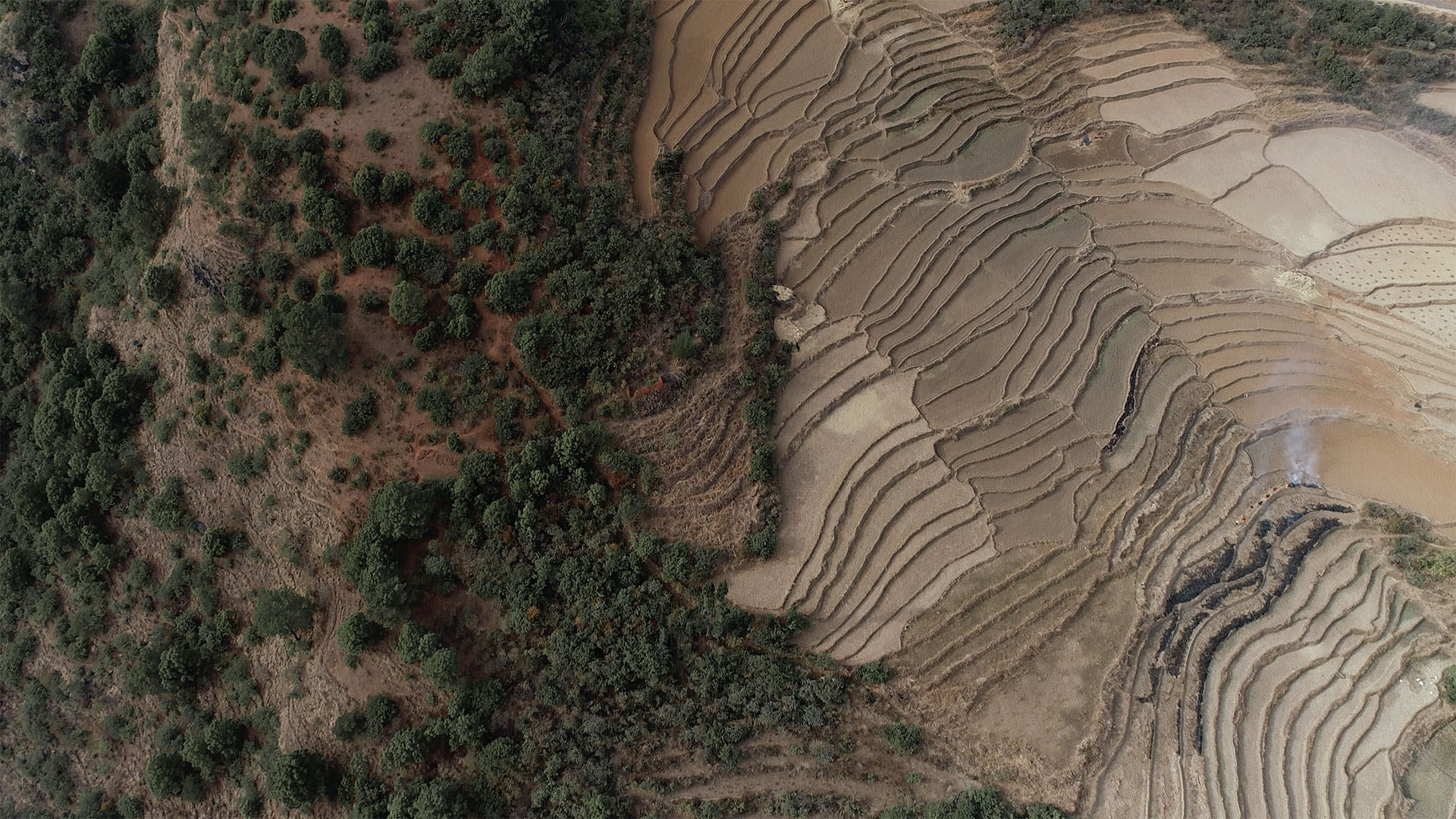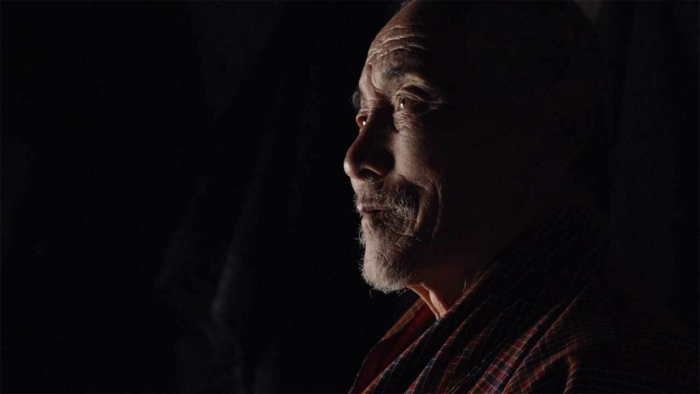'83 and Alone' Spotlights the Bhutanese Climate Crisis

After being part of the “We Live Here” shorts program, and winning the Loni Ding Social Issues Documentary Award at the Center for Asian American Media’s CAAMFest 2021, “83 and Alone” will be part of PBS Short Film Festival, an annual digital event that aims to increase the reach and visibility of independent filmmakers from across the country. Through this, content creators will have the platform to amplify their voices in the film industry.
The film “83 and Alone” is about an elderly Bhutanese villager named Daw who suffers from the effects of climate change, particularly water scarcity. After being left by his son, Daw must fend for himself, despite his age and health.
This powerful documentary features the structural and social implications of climate change to Bhutan; it also explores how a community became empty because of water.
We interviewed Alina Peng and Charles Zhang, who co-directed, produced, and edited the documentary. In this interview, they discussed their inspiration for the film and how this film has become a call to action when it comes to social and environmental issues in the United States.

Jennica Gonzales: What inspired you to make this film?
Charles Zhang: “83 and Alone” is a film about an elderly man who is isolated from his community in Bhutan, due to the effects of water scarcity and climate change. We were inspired to shoot this documentary in college, after I worked at a think tank focusing on climate change research. We quickly realized that while climate change is portrayed in the media through cold statistics and data, there has been less of a focus on the human element. We wanted to understand the experiences of communities that are disproportionately impacted by these issues. Bhutan, although is one of the greenest countries in the world, is sandwiched between China and India, two of the largest carbon emitting giants. Our film explores the social and structural implications of climate change on issues like rural-urban migration in Bhutan.
Jennica: Where else has “83 and Alone” screened, and how will being part of the PBS Short Film Festival add to that exposure?
Alina Peng: I’m happy to say that “83 and Alone” has screened at CAAMFest as well as the Green Film Festival of San Francisco, and we are excited to share this film with a wider audience at the PBS Short Film Festival. Through the process of making this film, we have found that oftentimes the people who contribute the least to the climate crisis are affected most and first. We hope being a part of the PBS Short Film Festival shines a light on this problem and compels more people to care about what’s happening to our planet.
Jennica: After making the film, were there actions taken as of today from Bhutan for Phangyuel?
Charles: Bhutan recently announced its water flagship program to address the water scarcity crisis. The project will aim to bring adequate drinking and irrigation water to 100,000 people in various parts of the country, including Phangyuel.
Jennica: Do you plan to make a follow up film for the people who moved to Thimphu, if there would be a chance they would go back to Phangyuel if the situation improves?
Charles: We’d love to eventually make a follow-up film for the people who moved to Thimphu if given the chance, but we currently don’t have any plans!
Jennica: What plans or any upcoming films after “83 and Alone”?
Alina: We’re incredibly excited for “83 and Alone” to be screened during the PBS Film Festival and shown to more people. This was actually the first of a three-part film series on Bhutan; we have two other documentary short films — one is about the environmental conservation of an orchard species, and the second is about how the climate crisis exacerbates gender inequity in the country — that are also currently being screened at film festivals. We hope to be able to publicly share them in the next few months — so be on the lookout!
Jennica: Aside from awareness of the Phangyuel water shortage, do you think the film is also timely about certain social issues in our country?
Charles: This film is definitely a call to action when it comes to environmental and social issues here in the United States. “83 and Alone” highlights the environmental and climate struggles of Bhutan, a nation that is carbon negative, which means that it absorbs more carbon than it outputs. Bhutan is unfortunately bearing these consequences because of large, industrialized countries that have contributed far more to the warming of our planet.
This is a wake up call to vote for public officials who are working towards climate regulation and sustainable development, and contribute to organizations that are actively combating the effects of the climate crisis.
Alina: We’d love to invite everyone to come see our documentary film, “83 and Alone,” at the PBS Short Film Festival on July 18th! Thank you.

83 and Alone

About the Author
More like this
Visit the Behind The Lens Blog


